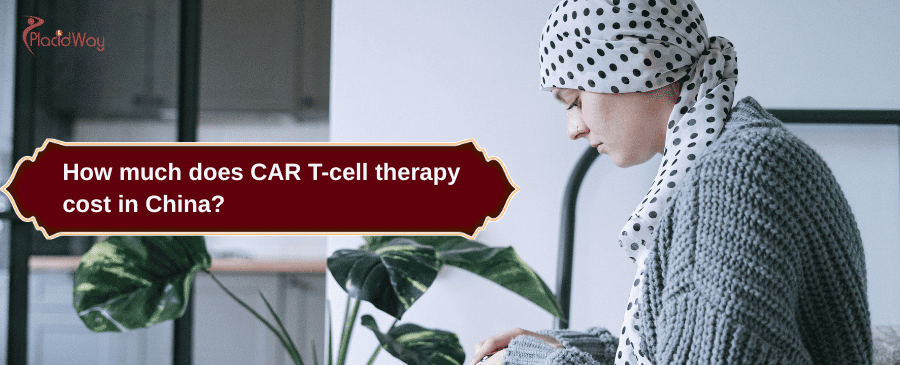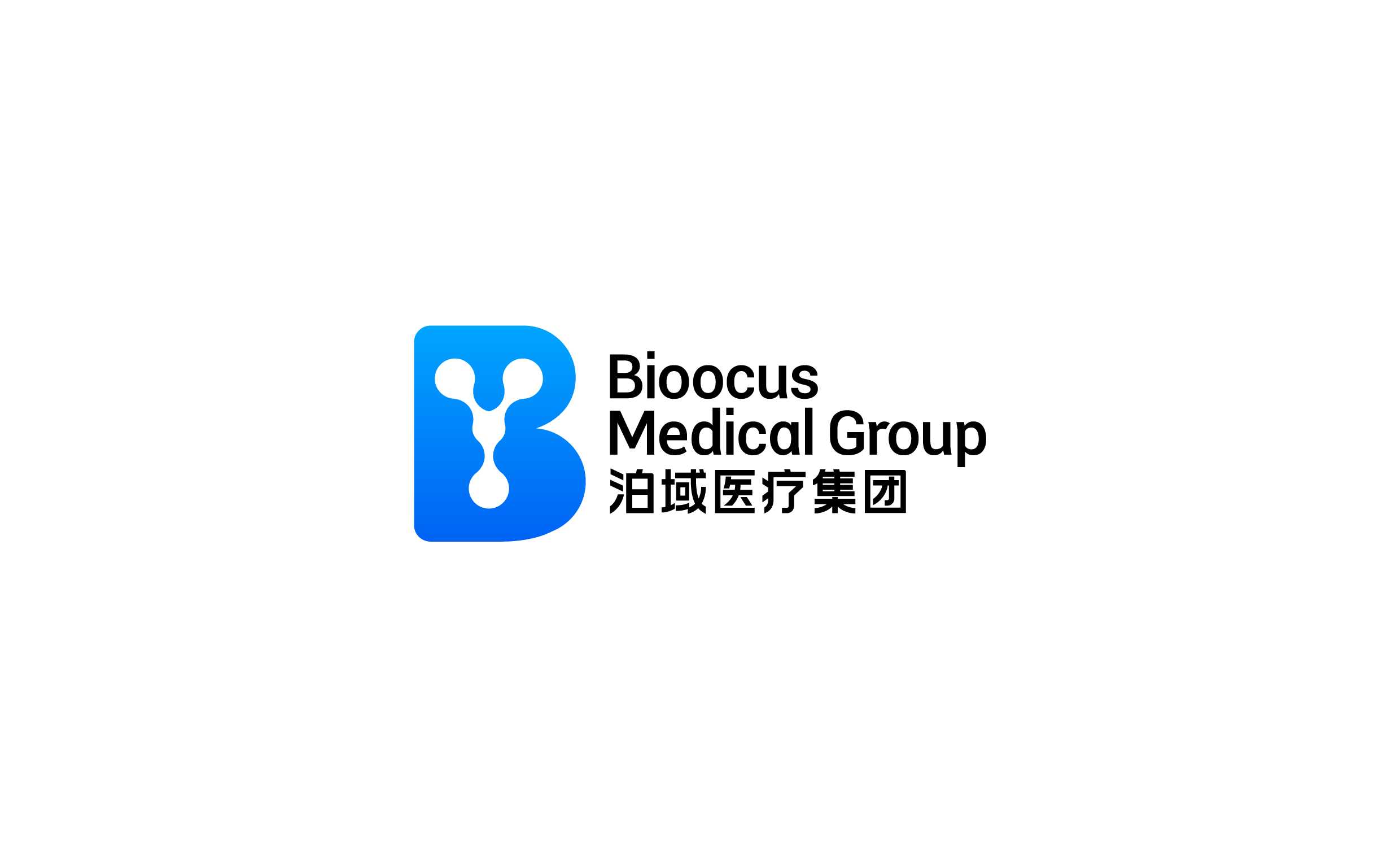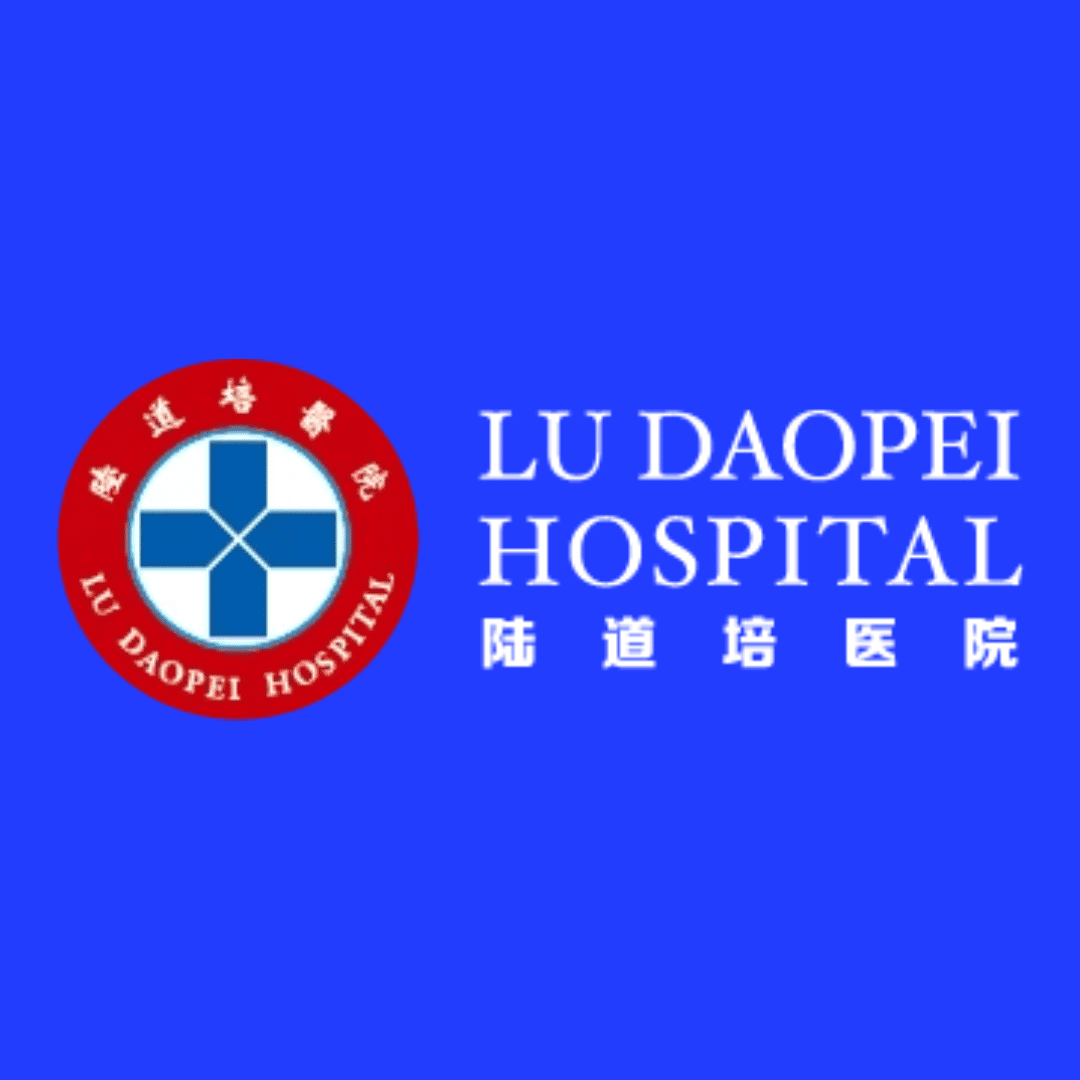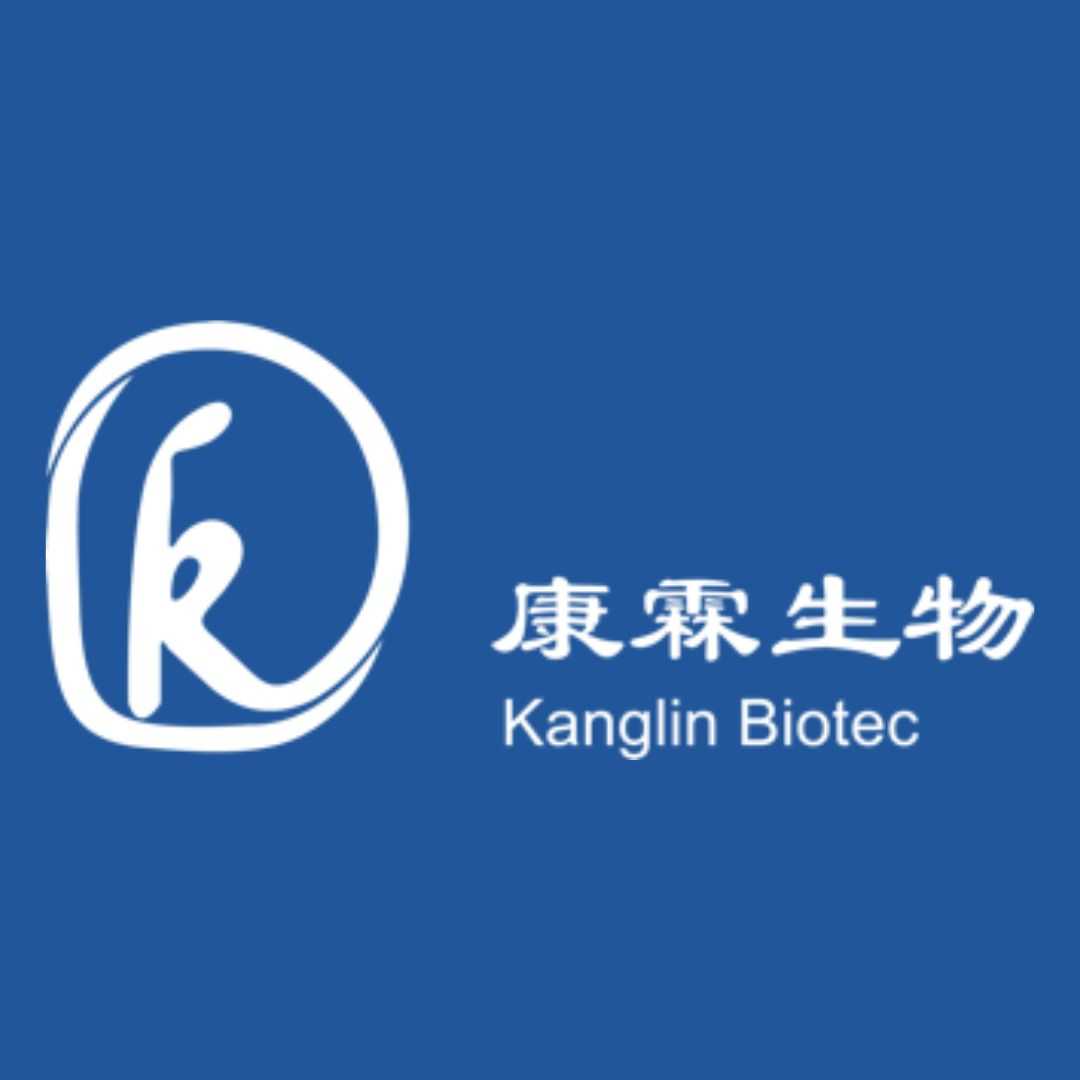Affordable CAR T-Cell in China: A Patient's Price Guide

CAR T-cell therapy is a groundbreaking immunotherapy that has revolutionized the treatment of certain types of cancer, offering hope to patients who have exhausted other options. The cost of this cutting-edge treatment in China is significantly lower than in Western countries, making it an increasingly popular choice for medical tourists. This comprehensive guide will walk you through everything you need to know about the cost of CAR T-cell therapy in China, from the price of the procedure to the factors that influence it, and what you can expect during your treatment journey.
The affordability of CAR T-cell therapy in China is a major draw for international patients. While the price can vary, it is substantially less than what you would pay in the United States or Europe, without compromising on the quality of care. This is due to a combination of government support for biotechnology, lower manufacturing costs, and a high volume of patients. As a leader in CAR T-cell therapy clinical trials, China is at the forefront of innovation in this field, offering advanced treatments at a fraction of the global cost.
How much does CAR T-cell therapy cost in China?
"The cost of CAR T-cell therapy in China typically ranges from $55,000 to $180,000 USD. This is a fraction of the cost in the United States, where it can exceed $400,000."
The significant price difference is one of the primary reasons why patients are increasingly looking to China for this life-saving treatment. The lower cost is not a reflection of inferior quality but rather a result of the country's strategic investments in healthcare and biotechnology. The Chinese government has actively promoted the development of advanced medical technologies, leading to more efficient and cost-effective manufacturing processes for complex treatments like CAR T-cell therapy.
Furthermore, the high number of clinical trials and patients undergoing treatment in China has created economies of scale, driving down the price. This has made the treatment accessible to a broader range of patients, both domestic and international. The combination of world-class medical facilities, experienced specialists, and affordable pricing makes China a compelling destination for cancer care.
What factors influence the cost of CAR T-cell therapy in China?
"Several factors influence the final cost of CAR T-cell therapy in China, including the specific type of CAR T-cell product used, the type and stage of cancer being treated, the hospital and its location, and the overall health of the patient."
The cost can vary based on the specific type of CAR T-cell therapy required. Different therapies are designed to target different antigens on cancer cells, and some may be more complex and expensive to manufacture than others. For example, therapies for different types of lymphoma or leukemia may have different price points. The stage of the cancer can also play a role, as more advanced or aggressive cancers may require a more intensive treatment regimen.
The choice of hospital is another significant factor. Top-tier, internationally accredited hospitals in major cities like Beijing and Shanghai may have higher costs than other facilities, but they also often offer more extensive support services for international patients. Additionally, the patient's overall health and the presence of any co-existing medical conditions can impact the cost, as they may require additional medical care and a longer hospital stay.
What is included in the cost of CAR T-cell therapy in China?
"The quoted cost of CAR T-cell therapy in China usually includes the initial consultation and evaluation, the collection and genetic modification of T-cells, the infusion of the CAR T-cells, and the inpatient hospital stay for monitoring and management of side effects."
A typical CAR T-cell therapy package in China is quite comprehensive. It begins with a thorough evaluation of the patient's medical history and current condition, including various diagnostic tests like blood work, imaging scans, and biopsies. This is followed by the leukapheresis procedure, where the patient's T-cells are collected. These cells are then sent to a specialized lab for genetic engineering, a process that can take a few weeks.
Once the CAR T-cells are ready, the patient receives a conditioning chemotherapy regimen to prepare their body for the infusion. The cost of this chemotherapy is often included in the overall price. The infusion of the CAR T-cells is a one-time procedure, but it is followed by a period of close monitoring in the hospital, which is also part of the package. This inpatient stay is crucial for managing any potential side effects.
Are there any hidden or additional costs?
"While the initial quote for CAR T-cell therapy in China is generally inclusive, potential additional costs can include travel and accommodation, visa fees, post-discharge medications, and treatment for any unforeseen complications or severe side effects."
It is important for patients to budget for expenses beyond the direct medical costs. Airfare to China, accommodation for the patient and any accompanying family members before and after the hospital stay, and visa application fees are typically not included in the treatment package. Some hospitals may offer assistance with these arrangements, but the costs are borne by the patient.
Additionally, while the management of common side effects is part of the package, severe or unexpected complications may require additional treatments or a longer hospital stay, which could incur extra charges. It is also important to factor in the cost of any prescription medications that may be needed after discharge from the hospital.
How does the cost of CAR T-cell therapy in China compare to other countries?
"The cost of CAR T-cell therapy in China is significantly lower than in the United States, the United Kingdom, and many other European countries. In the US, the treatment alone can cost upwards of $400,000, not including hospital stays and other related expenses."
The price disparity is stark. In the United States, the list price for commercially available CAR T-cell therapies is exceptionally high. When you factor in the associated costs of hospitalization, supportive care, and management of side effects, the total can easily approach half a million dollars or more. Similarly, in Europe, while prices may be slightly lower than in the US, they are still considerably higher than in China.
This cost-effectiveness is a major advantage for patients seeking treatment in China. The ability to receive the same, if not more advanced, treatment for a fraction of the price is a compelling proposition. This has made China a global hub for medical tourism, particularly for complex treatments like CAR T-cell therapy.
What types of cancer are treated with CAR T-cell therapy in China?
"CAR T-cell therapy in China is primarily used to treat hematologic (blood) cancers that have relapsed or are refractory to other treatments. This includes certain types of non-Hodgkin lymphoma, acute lymphoblastic leukemia (ALL), and multiple myeloma."
Chinese hospitals have extensive experience in treating a range of blood cancers with CAR T-cell therapy. The most common indications include diffuse large B-cell lymphoma (DLBCL), follicular lymphoma, mantle cell lymphoma, and other types of non-Hodgkin lymphoma. It is also a highly effective treatment for B-cell acute lymphoblastic leukemia, particularly in children and young adults who have not responded to conventional chemotherapy.
For patients with multiple myeloma that has relapsed or is resistant to other therapies, CAR T-cell therapy in China offers a promising new option. Researchers in China are also actively conducting clinical trials to expand the application of CAR T-cell therapy to solid tumors, such as lung, breast, and neuroblastoma, though these are still in the experimental stages.
What are the success rates of CAR T-cell therapy in China?
"The success rates of CAR T-cell therapy in China are comparable to, and in some cases exceed, those reported in Western countries. Clinical trials in China have shown high overall response rates, with many patients achieving complete remission."
The efficacy of CAR T-cell therapy in China is well-documented. For instance, in clinical trials for relapsed or refractory large B-cell lymphoma, overall response rates have been reported to be as high as 100%. For follicular lymphoma, the overall response rate is around 92%, and for multiple myeloma, it can be as high as 99%. For acute lymphoblastic leukemia, the response rate is approximately 64%.
These impressive results are a testament to the expertise of the medical teams and the advanced technology used in Chinese hospitals. It is important to note that success rates can vary depending on the type and stage of cancer, as well as the individual patient's health. A detailed discussion with the treating physician will provide a more personalized prognosis.
Are Chinese hospitals for CAR T-cell therapy safe and of high quality?
"Yes, many of the leading hospitals in China that offer CAR T-cell therapy are internationally accredited, such as by the Joint Commission International (JCI), and adhere to the highest standards of safety and quality."
Patient safety is a top priority in Chinese medical institutions. Many of the hospitals that cater to international patients have sought and received accreditation from reputable international organizations. JCI accreditation, for example, is considered the gold standard in global health care, and it signifies that a hospital has met rigorous standards in patient safety, quality of care, and medical management.
These hospitals are equipped with state-of-the-art technology and staffed by highly trained and experienced hematologists, oncologists, and support staff. They have dedicated units for CAR T-cell therapy patients, where they can be closely monitored for any side effects. Many of these hospitals also have extensive experience in treating international patients and have protocols in place to ensure a smooth and safe treatment journey.
What is the process for an international patient to get CAR T-cell therapy in China?
"The process for an international patient typically involves an initial remote consultation, a thorough medical evaluation upon arrival, the collection of T-cells, a waiting period for cell manufacturing, the conditioning and infusion, and a period of in-hospital monitoring."
The journey begins with an initial inquiry, where the patient or their representative sends their medical records to the chosen hospital or a medical tourism facilitator. The hospital's medical team will then review the records to determine if the patient is a suitable candidate for treatment. This is often followed by a remote consultation with one of the specialists.
If the patient is deemed eligible, the hospital will provide a detailed treatment plan and a cost estimate. They will also assist with the necessary documentation for a medical visa. Upon arrival in China, the patient will undergo a comprehensive set of pre-treatment evaluations. The entire process, from arrival to discharge, can take several weeks to a couple of months, so it's important to plan accordingly.
What are the eligibility criteria for CAR T-cell therapy in China?
"Eligibility for CAR T-cell therapy in China generally requires a confirmed diagnosis of a specific type of relapsed or refractory blood cancer, having failed at least two prior lines of standard treatment, and having adequate organ function."
The criteria are quite specific to ensure the safety and efficacy of the treatment. Patients must have a confirmed diagnosis of a cancer for which CAR T-cell therapy is approved, such as certain lymphomas, leukemias, or multiple myeloma. The cancer must also be relapsed (meaning it has returned after treatment) or refractory (meaning it has not responded to standard treatments).
In addition to the cancer-specific criteria, patients must meet certain health requirements. This includes having adequate function of major organs like the heart, lungs, liver, and kidneys. They must also be free from any uncontrolled infections. The medical team will conduct a thorough assessment to determine if a patient is a good candidate for the therapy.
How are the side effects of CAR T-cell therapy managed in Chinese hospitals?
"Chinese hospitals have extensive experience in managing the side effects of CAR T-cell therapy, such as Cytokine Release Syndrome (CRS) and neurotoxicity. They have established protocols and use specific medications to effectively control these reactions."
The medical teams in China are well-versed in managing the potential side effects of CAR T-cell therapy. Cytokine Release Syndrome (CRS), a common side effect characterized by flu-like symptoms, is closely monitored and treated with medications like tocilizumab, an IL-6 receptor antagonist. Neurotoxicity, which can cause confusion, headaches, or other neurological symptoms, is also managed with supportive care and specific treatments.
Patients are monitored around the clock in a specialized unit during the critical period after the infusion. The medical staff is trained to recognize the early signs of side effects and to intervene promptly to prevent them from becoming severe. This proactive approach to side effect management is a key component of the high-quality care provided in Chinese hospitals.
What should I look for when choosing a hospital for CAR T-cell therapy in China?
"When choosing a hospital for CAR T-cell therapy in China, look for international accreditations like JCI, experience with international patients, the expertise of the medical team in your specific type of cancer, and clear communication and support services."
Doing thorough research is crucial. Look for hospitals that have a dedicated international patient department, as they will be better equipped to handle the logistical and communication needs of foreign patients. Check for accreditations and read patient testimonials or reviews if available. The experience of the hematology and oncology teams is also paramount, so inquire about their track record with your specific condition.
Clear and transparent communication is also key. The hospital should be able to provide you with a detailed treatment plan, a clear breakdown of the costs, and answer all of your questions in a timely manner. A good hospital will also offer support services such as language interpretation, assistance with accommodation, and coordination of post-treatment care.
Ready to explore your options for CAR T-cell therapy in China? PlacidWay can connect you with leading hospitals and specialists, providing you with all the information and support you need to make an informed decision about your cancer treatment. Explore your possibilities for a healthier future today.


.png)
.png)




Share this listing